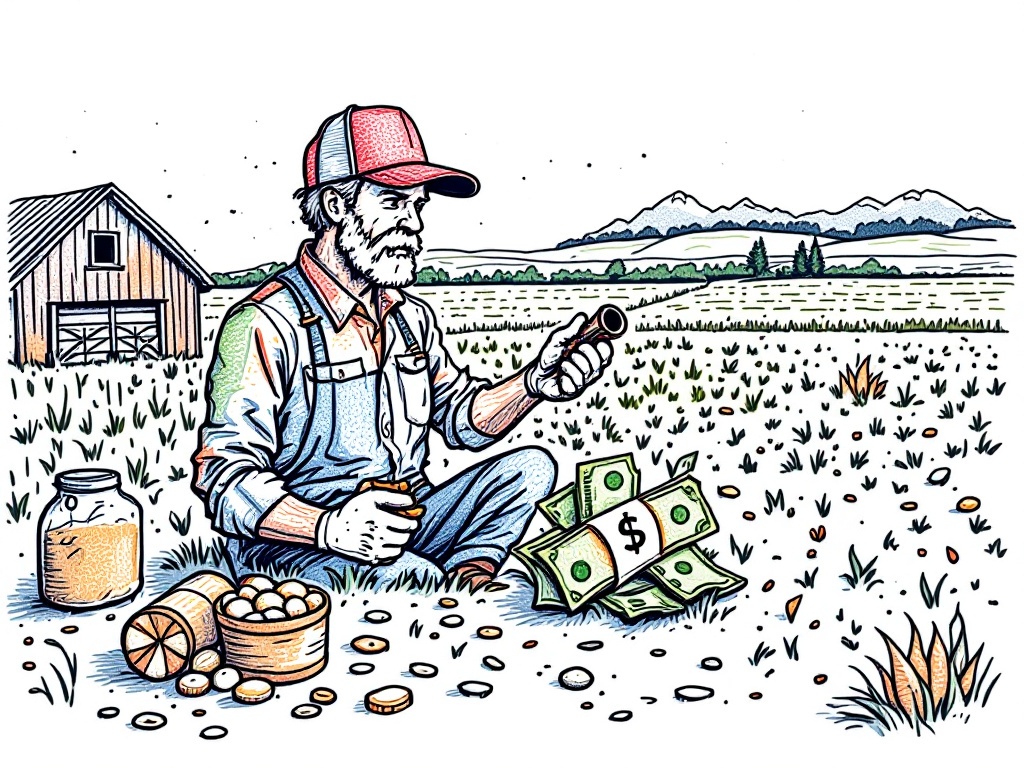U.S. Farmers Face Export Woes Amidst Trade War Tariffs

Yantai, China, Monday, 28 April 2025.
The U.S. agriculture sector is in crisis due to trade tariffs, leading to canceled orders and layoffs. Timely restructuring is critical to mitigate further economic damage.
Escalating Tariff Conflicts
The current situation for U.S. farmers is exacerbated by trade tensions between the United States and China, sparked by the U.S. imposing substantial tariffs on Chinese imports. In retaliation, China has placed steep tariffs on American goods, leading to a severe downturn in the agriculture sector. This includes the abrupt cancellation of significant pork and soybean orders, two major American export products, to China. The repercussions of this tariff war are profoundly affecting U.S. farmers, with China historically importing more than 27 million metric tons of American soybeans annually [1][2].
Cancellation and Layoffs: The Immediate Impact
The immediate impact of these trade tensions is already visible with canceled export orders leading to farm layoffs across the U.S. agriculture sector. Notably, China recently canceled a significant 12,000-ton pork order, with similar patterns observed in other export sectors, such as wood pulp and paperboard, where immediate cancellations and shipping halts have been reported [1]. An executive from the Agriculture Transportation Coalition described the situation as a ‘full-blown crisis’ [1]. This has forced exporters to seek alternative markets, incurring additional costs and operational disruptions [1].
A Global Restructuring of Agricultural Supply Chains
The restructuring of global agricultural supply chains is underway, with South America potentially benefitting from the U.S.-China trade war. Brazil and Argentina, two major agricultural exporters, are poised to fill the gap left by the withdrawn U.S. exports to China. This shift not only reflects the complexities of international trade but also highlights the importance of strategic planning in global agriculture supply chains [3][4]. The expectation is that countries like Brazil may increase their market share in agricultural exports, including soybeans, due to these imposed tariffs [3].
Economic Fallout and Future Prospects
From a broader economic perspective, the tariff-induced crisis poses risks to job stability and regional economic health, particularly near port hubs like Oakland, which relies heavily on trade with China. The Port of Oakland’s reliance on China as a top trading partner is at risk, potentially jeopardizing thousands of jobs reliant on trade stability [1]. The current trade negotiations between the Trump administration and China are crucial as they continue daily discussions aimed at resolving these tensions, though an immediate resolution remains uncertain [5].